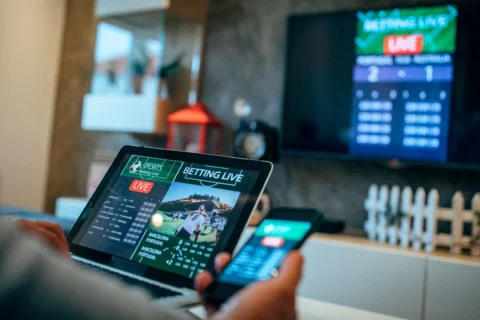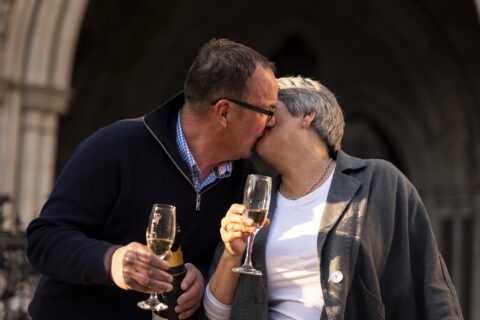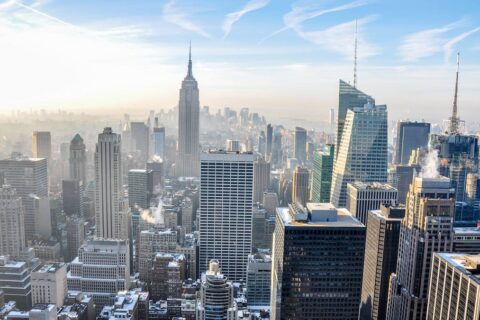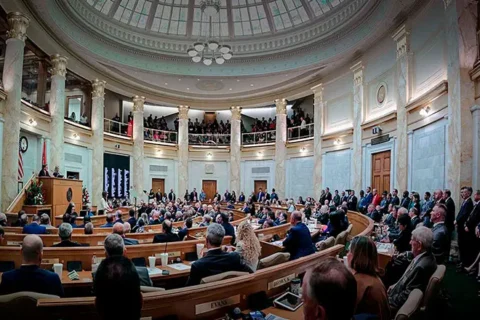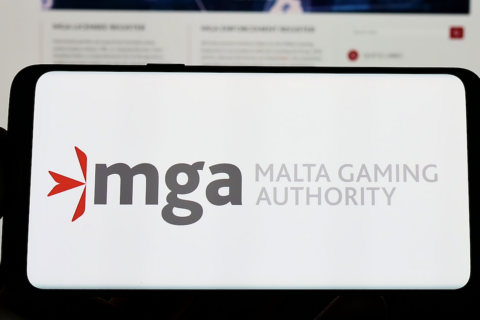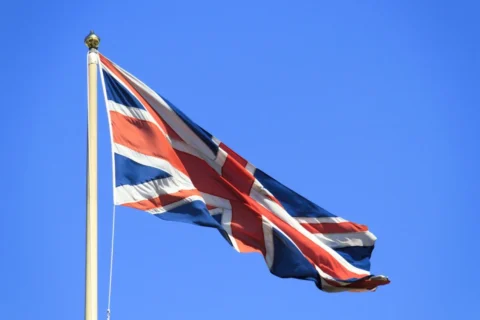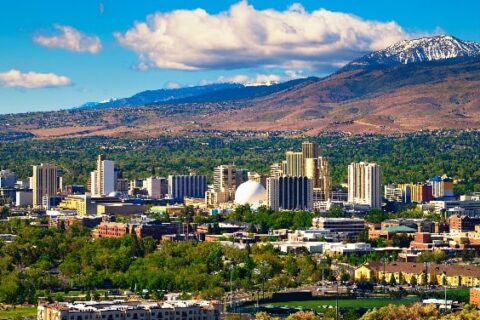-
Online casinos
-
Online casinos list
+3 in March
-
By country
-
By type
-
Real money pages
-
By deposit method
-
Tools
-
Online casinos list
-
Casino bonuses
-
Casino Bonuses List
+300 Free Spins
-
By type
- No deposit bonuses
- Minimum deposits
-
Casino Bonuses List
-
Free slots
-
Free slots list
+3 in March
- Providers list
-
By type
- Slot features list
- Slot themes list
-
Free slots list
- Casino Games
-
Education
- About SlotsUp
-
Online casinos
-
By country
-
By type
-
Real money pages
-
By deposit method
-
Tools
-
-
Casino bonuses
-
By type
- No deposit bonuses
- Minimum deposits
-
- Free slots
- Casino Games
-
Education
- About SlotsUp



